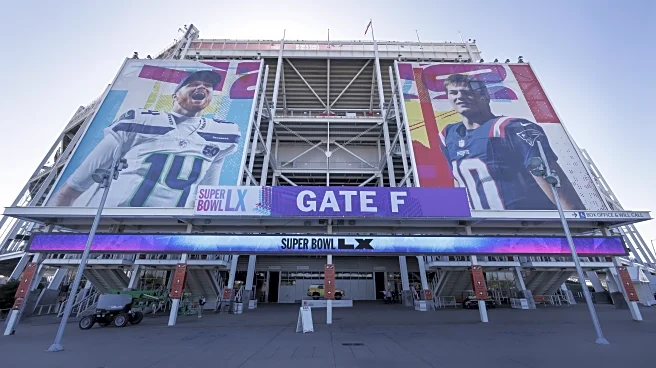What is the story about?
What's Happening?
Relators bringing suits under the False Claims Act (FCA) face varying challenges depending on the circuit court standards for pleading presentment. The Sixth and Eleventh Circuits have the strictest requirements, demanding concrete examples of fraudulent claims, while the Fourth and Seventh Circuits apply a more favorable intermediate standard. The FCA imposes civil liability for knowingly presenting false claims for government payment, requiring plaintiffs to plead with particularity under Federal Rule of Civil Procedure 9(b). The number of FCA suits continues to rise, with 979 qui tam lawsuits filed last fiscal year.
Why It's Important?
The differing standards across circuit courts impact the ability of whistleblowers to successfully bring FCA suits, affecting the enforcement of fraud prevention measures. Companies interacting with the government must be aware of these standards to prepare for potential litigation. The increase in FCA suits reflects heightened scrutiny on government contractors and the importance of compliance with federal regulations. The challenges faced by relators highlight the need for clear legal frameworks to support whistleblower actions and ensure accountability in government transactions.
Beyond the Headlines
The legal complexities surrounding FCA suits may lead to discussions on standardizing presentment requirements across circuits to ensure fair and consistent enforcement. The role of whistleblowers in exposing fraud is crucial, and their ability to navigate legal hurdles can influence the effectiveness of fraud prevention efforts. The rise in FCA suits may also prompt companies to enhance internal compliance programs and training to mitigate risks.

















